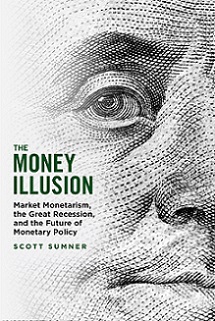 Title Details
Title Details
Title
The money illusion : market monetarism, the Great Recession, and the future of monetary policy.
Call No
HG 540 S94 2021
Authors
Subjects
Language
English
Published
Chicago : The University of Chicago Press, 2021.
ISBN
9780226773681
LCCN
2020056573

book
|
The money illusion : market monetarism, the Great Recession, and the future of monetary policy.
Copies
1 Total copies, 0 Copies are in,
1 Copies are out.









